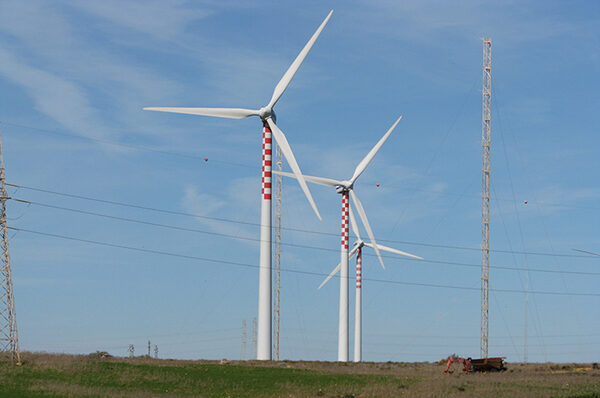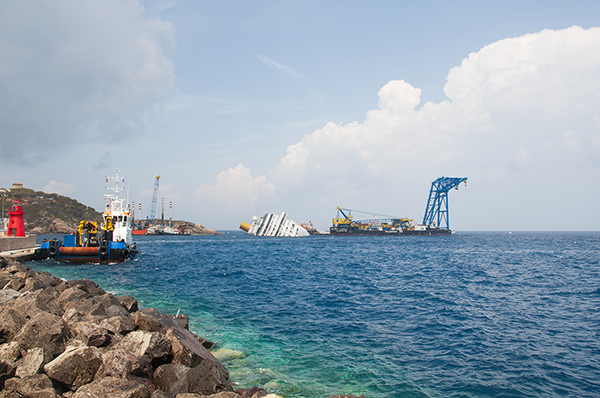Page under construction…


This session includes the coastal and offshore engineering topics related to: infrastructures structures devices and techniques for the production of energy that exploit different sources (e.g. waves, currents, tidal range, wind, sun), energy transport infrastructures (e.g. power lines, regasification plants), energy accumulation systems (e.g. compressed-air energy storage, hydrogen, pumped hydro), water desalination plants and techniques, ports and offshore structures, circulation, mixing, marine water quality and pollution (micro and macro plastics, eutrophication, anoxia), sensor systems and instruments for measurements and monitoring, evaluation of the reliability and performance of measurement systems, information and data acquisition systems, digital twins, development of coastal services (e.g. Copernicus downstream services), economic assessments and impact analysis of new energy production plants on local economic systems and climate-changing gas emissions, analyzes of the regulatory context.
Keywords: Port and offshore structures. Floating structures. Environmental actions (waves, currents, winds), Marine Renewable Energy. Energy Production Systems. Energy Storage Systems. Energy Transport Systems. Measurement techniques and instruments. Monitoring. Water quality. Data processing and services. Digital Twin. Artificial Intelligence based systems. Economic-Environmental assessments. Regulatory context.
